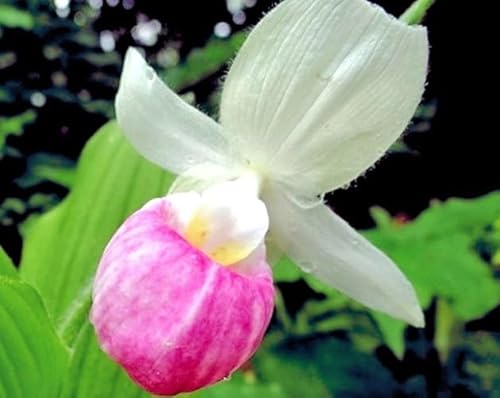The history of Japan's efforts to become a world power, especially given its size, have had bad environmental effects to be sure. One wonders what will come of China in the coming decades considering their ridiculous growth over the last 20 years. That fallout may last for a long time.
Back to Japan. The forests of both Kyushu and Shikoku, the two southernmost main islands, are full of monocultured, same aged conifer plantations. If memory serves, on Kyushu it is something like 56% of the "forested" land. These plantations are like the ones described in the article, over-planted, dark, species poor environments. In the worst of them few plants can actually live on the forest floor, so not surprisingly animal life is limited as well. In the more open stands that have been managed there are are abundant ferns and a handful of woody and herbaceous species that do well. Even a few orchids persist, notably Liparis nervosa, though Cymbidium goeringii, Cephalanthera erecta, and Calanthe discolor can be seen as well.
Ironically, natural stands of both hinoki cypress (Chamaecyparis obtusa) and Japanese cedar (Cryptomeria japonica) are quite rare these days, and yet plantations of both cover much of Japan south of Hokkaido. Go figure.
As for the future, unless humanity decides to adopt a different economic model, I don't think things bode well for natural communities. There just isn't any motive in reforestation (plantations are not forest IMO) - not enough profit, too much labor cost, and frankly, rural Japan is in a social crisis. The only folks in the country anymore are "old people" and they won't hang on forever. The upshot is Japan is a severely urbanized population and that trend is growing, which is insane given that this country has been highly urban for decades now.
So, beyond a few heroic efforts here and there, the government has more important things to tackle like how to pay for everything given a shrinking population. The inevitable solution will have to be allowing more immigrants to settle and naturalize, and that isn't going to happen in the countryside.
That is what I see from my little perspective. I'm sure there's a lot going on I don't know about.









































